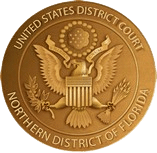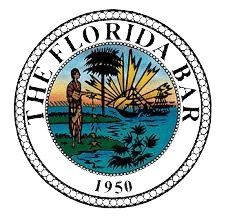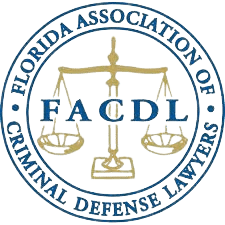
Florida law recognizes a variety of criminal charges, and being charged with any of them can be an overwhelming and daunting experience. That’s why it’s essential to understand the different types of criminal charges and what they entail. Here are the most common types of criminal charges in Florida.
Misdemeanors
First, let’s start with misdemeanor offenses. Misdemeanors are less serious offenses that can receive up to one year in jail. Examples of misdemeanors in Florida include simple assault, disorderly conduct, and DUI (Driving Under the Influence).
Felonies
Felonies are more serious crimes that can result in much harsher penalties, including lengthy prison sentences. Felony charges in Florida can be divided into five categories: capital felonies, life felonies, first-degree felonies, second-degree felonies, and third-degree felonies. Capital and life felonies are the most severe and could result in the death penalty or life in prison.
Capital felonies
Capital felonies include first-degree murder, while life felonies include kidnapping, sexual battery, and robbery. First-degree felonies include aggravated assault with a deadly weapon, while second-degree felonies include burglary and aggravated battery. Third-degree felonies are the least severe type of felony, including grand theft and drug possession.
It’s important to note that each Florida criminal charge has its unique set of elements that must be proven in court. For example, to be convicted of DUI, the prosecution must be able to prove that the defendant was driving after consuming alcohol or drugs and that the levels in the blood were above the legal limit.
If you’re facing criminal charges in Florida, working with an experienced criminal defense attorney who can guide you through the legal system and fight for your rights is crucial. We can help you understand the charges, build a strong defense strategy, and represent you in court. Mitkevicius is here to help.
View All Blogs




